


What Ibogaine Treats
Ibogaine is successful in eliminating withdrawal symptoms and cravings from the following addictive substances:
Oxycodone and OxyContin, Suboxone/Subutex, Heroin, Methadone, Alcohol, Cocaine/Crack, Methamphetamine, Adderall, Nicotine, as well as treatment for Anxiety, Depression, PTSD, and Spiritual Healing.
Based on an individual’s needs, POI offers several different treatment programs and protocols ranging in time from 5, 7 to 10 days. The POI institute also offers open-ended treatment programs for those that may need more time to heal… especially for individuals on long-acting opioids.
When considering Ibogaine treatment, it is extremely important that individuals are 100% honest and forthcoming with regard to their addiction(s), any and all medications as well as current and past medical history. All of this information comes into play when determining if a patient is a candidate for Ibogaine treatment.
and if so, what the proper program and protocol for that patient will be.
For those individuals suffering from the vicious cycle of addiction as well as those seeking treatment for depression, anxiety, post-traumatic stress disorder (PTSD), or spiritual healing, rediscover your Power of I and reclaim your life with the healing power of Ibogaine.
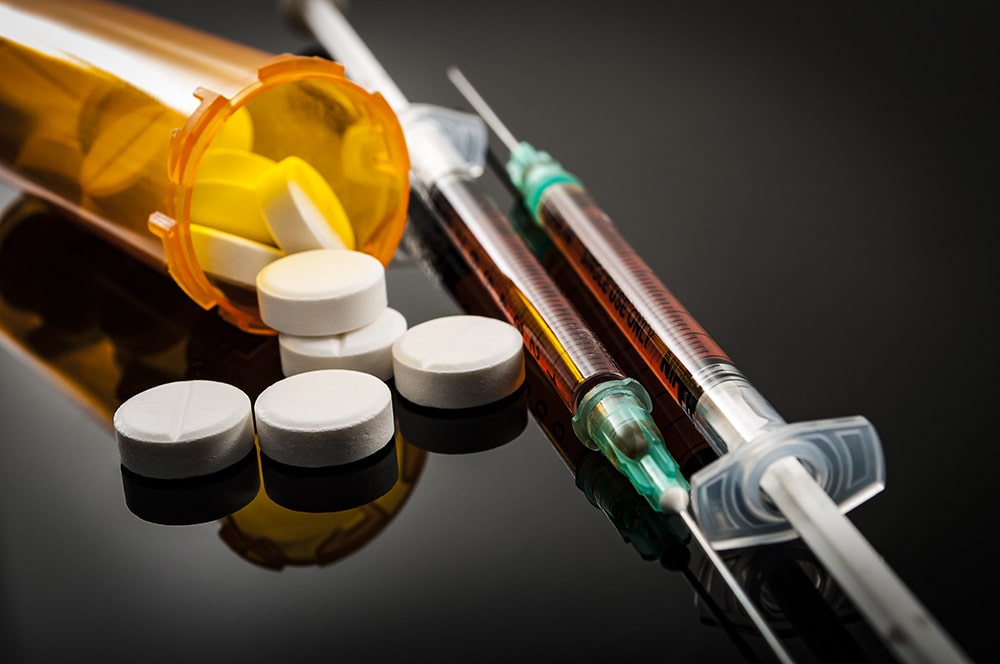
Oxycodone and OxyContin Detox
These drugs are known as short-acting opioids. They work by altering the levels of dopamine in the brain to produce feelings of euphoria, while blocking the pain receptors in the brain. Dopamine is the chemical that relays messages to and from the brain telling the brain and other parts of the central nervous system that everything is wonderful.
Over time, people who use these drugs develop a tolerance to them and need higher and higher doses just to achieve the same effect. Sadly, that only leads to their brains begging them for more in an attempt to chase that good feeling that the individual experienced initially from using the drugs. Unfortunately, that does not happen. What does happen, is that at some point people find themselves needing and using these drugs just to get through the day. There are no longer any euphoric feelings, just the need to continue in order to avoid the very painful and severe physical symptoms associated with withdrawal.
Ibogaine treatment is extremely effective in detoxing people addicted using these short acting drugs. It reduces opiate withdrawal by almost 98%! If you or a loved one suffer from an addiction to Oxycodone and OxyContin, Ibogaine treatment can gice you your life back…all you need to do is show up and POI will take care of the rest.
Suboxone/Subutex (Buprenorphine) Detox
There are more than two million Americans now dependent or abusing prescription pain pills and street drugs. Individuals who are desperate to seek help for their addiction are forced to rely on the “FDA approved” synthetic detox and maintenance medications that are being “legally” prescribed to them. These medications sadly just end up replacing one highly addictive opioid with another, which has proven to be equally addictive and harmful, posing significant risks with long term use.
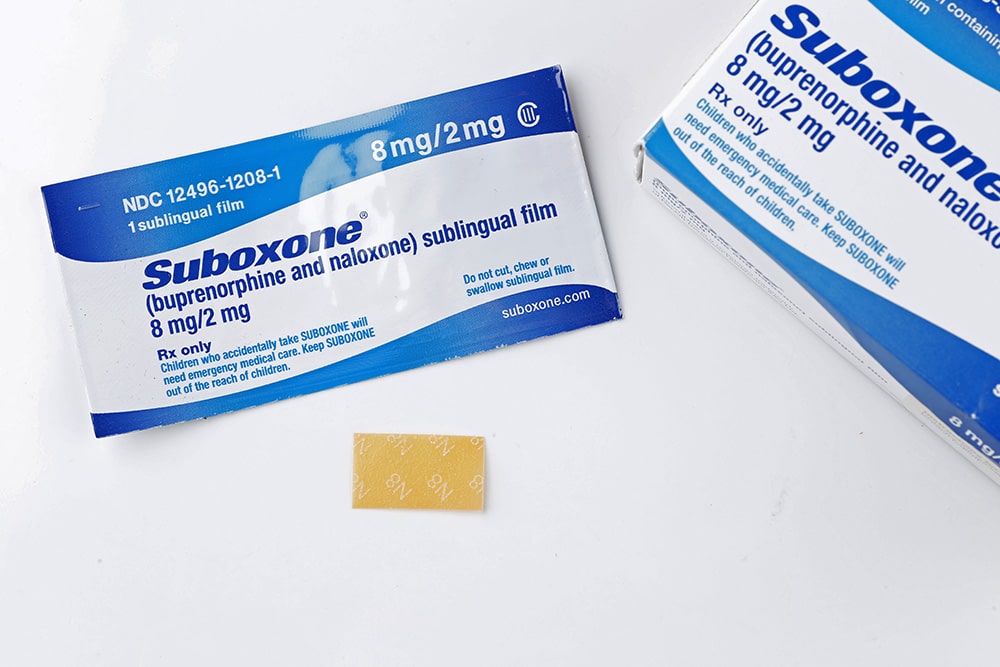
Many people believe that once they’ve made the switch from heroin, Oxycodone or OxyContin to Suboxone or Subutex their addiction troubles are behind them.
Unfortunately, this is not the case. Suboxone and Subutex addiction pose many serious health risks. These long-acting “legal versions” of opioid drugs now have hundreds of thousands of individuals addicted to them instead of their illegal opioid addiction. Sadly these drugs, which were originally approved by the “FDA” as a 14-day detox for short-acting opioids, are being prescribed to individuals for years and pose more harm and risk to their health and are harder to get off of than the short-acting drugs they were originally addicted to.
When it comes to Ibogaine detox, these two drugs are the most challenging to detox off of. Both Suboxone and Subutex are not only considered long-acting, occupying the opiate receptors in the brain. Ibogaine focuses on the opiate receptors in the brain and actually helps them heal. Unfortunately, long-acting opiates block the damaged receptors, preventing the Ibogaine from repairing and resetting them. Ideally, to successfully treat an individual’s addiction to Suboxone and Subutex, it is best to gradually taper off these drugs and switch to short-acting opioids prior to Ibogaine detox treatment. Depending on the amount and length of time an individual has been on long acting opioids, it can take several days or even several weeks for these drugs to leave their system, which can delay and/or extend the time needed for Ibogaine treatment. The success rate can be as high as 95%, but it is important to understand that it is a more complex protocol and the detox process may take additional time. Understanding that it may not always be possible for an individual to taper down or switch to short acting opiates prior to coming for treatment, the POI Institute offers longer stays for those seeking help to safely and successfully detox off of long-acting opioids prior to their Ibogaine treatment. In order to ensure that each and every treatment program is first and foremost safe, It is extremely important that individuals on long-acting opioids are completely transparent during the pre-screening process in order for the POI institute to ensure the safety and success of an individual’s treatment.
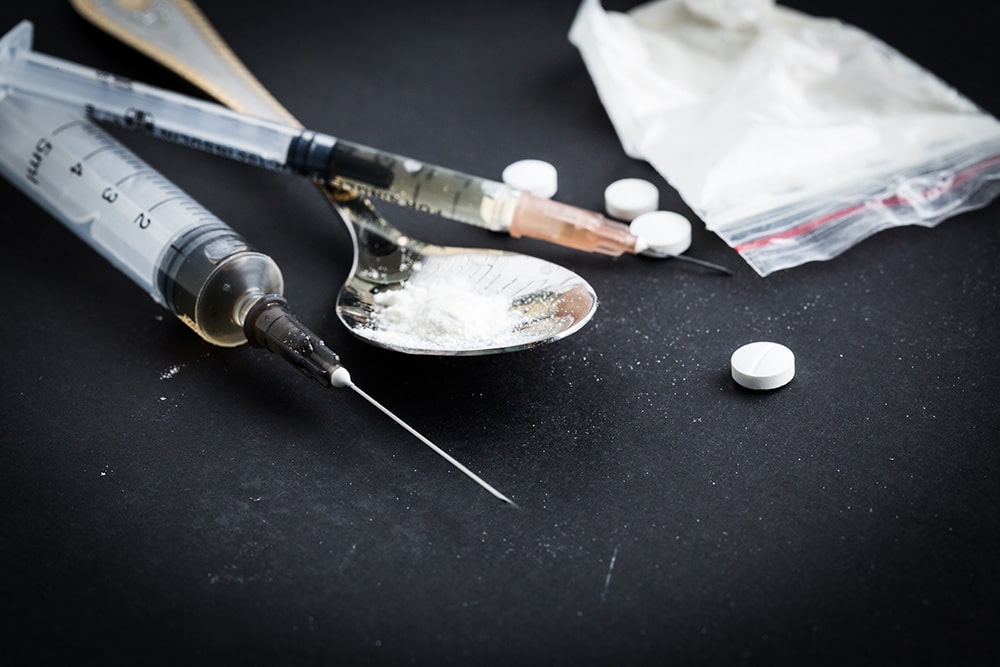
Heroin Detox
Ibogaine detox treatment for opiate addiction reduces opiate withdrawal by almost 98%. Ibogaine is extraordinarily effective for the treatment of heroin, morphine, and all opiates and opioid drug addiction. With Ibogaine HCL, the receptors in one’s brain are reset and will return to a pre-addictive state. By the time a patient is ready to leave POI, they will be completely free of their dependency on heroin.
The power of Ibogaine gives a patient a head start and “window of opportunity” to use their new found “power” while feeling good and clean of drugs to take the steps to make the necessary changes in their life by finding an aftercare program and support system to help you now address and deal with whatever underlying issues that may have caused or contributed to their drug dependence. For most addicts, their “numbing” drug of choice was a solution to a problem, not the problem itself. While Ibogaine is magical and can help reset your receptors to a pre-addiction state, it is not a cure. It is imperative before returning home that you find a good aftercare program and support system back at home. The POI staff will work with you to do so, as this is imperative for the success of your recovery.
Methadone Detox
Methadone is a long-acting opioid that is used to treat opioid dependence. Methadone is a long-acting opioid that occupies the opiate receptors in the brain and block the Ibogaine from repairing and resetting the damaged receptors. Ideally, to successfully treat an individual’s addiction to methadone, it is best to gradually switch to a short-acting opioid prior to Ibogaine detox.
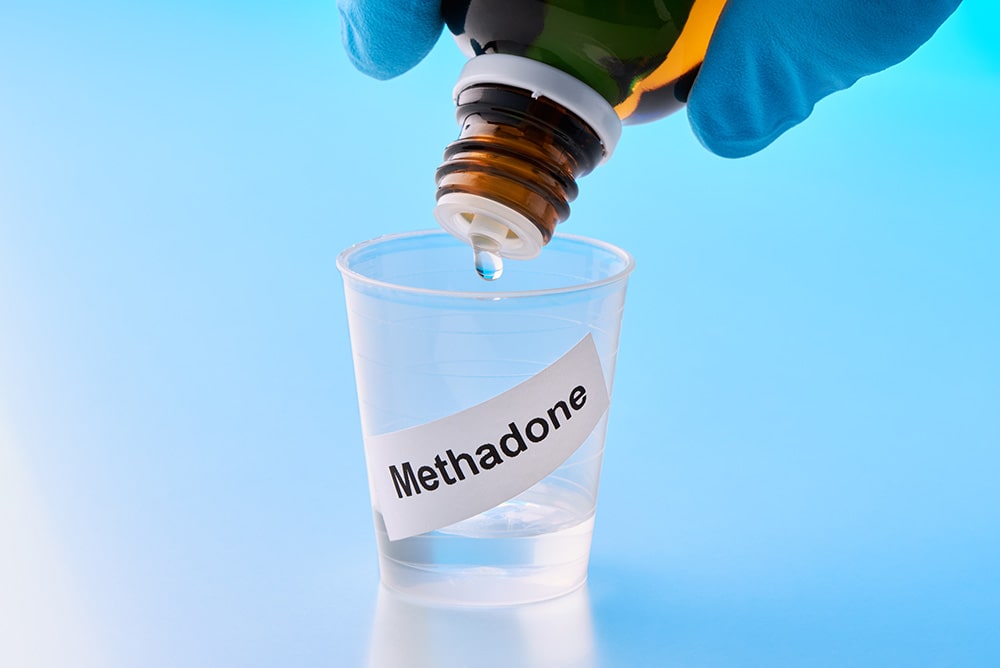
The POI Institute understands that this may not always be possible and offers longer stays for those looking to safely and successfully detox off of methadone. The success rate for methadone detox is extremely high, but as with other long-acting opiates the detox process may take additional time. The POI Institute understands that it may not always be possible for an individual to taper down or switch to short acting opiates prior to coming for treatment and offers longer stays for those seeking help to safely and successfully detox off methadone prior to their Ibogaine treatment.
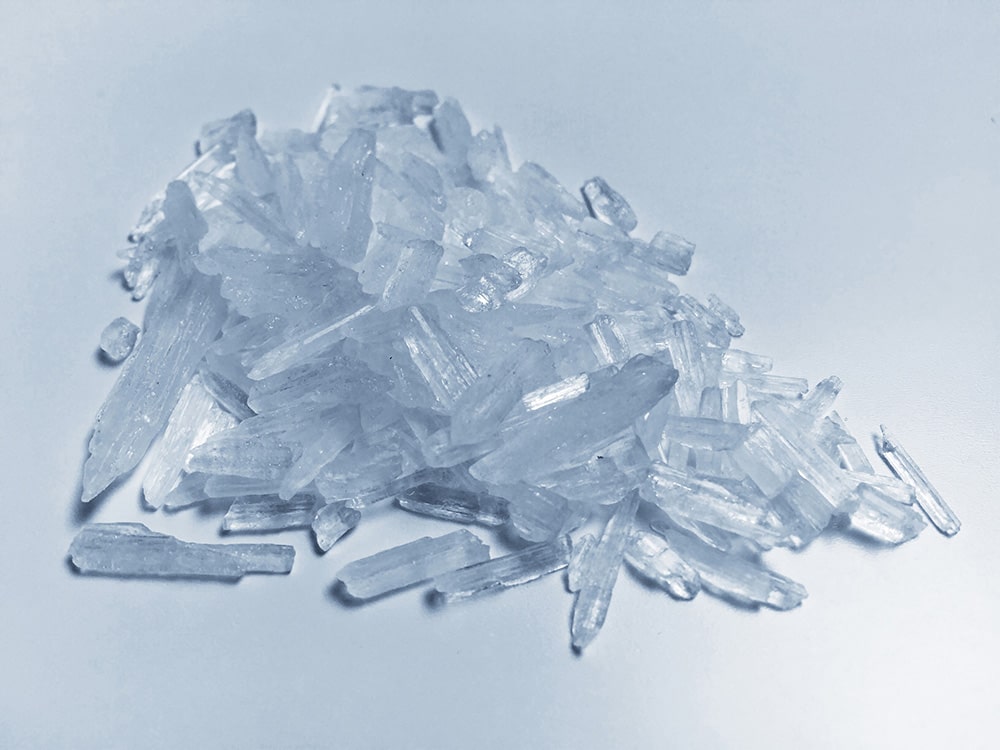
Methamphetamine Detox
Whether your drug of choice is speed, crystal meth, or another form of methamphetamine, these drugs are similar in how rapidly they effect the brain. They trigger the release of serotonin and dopamine, which in turn increase energy and sociability. Depending on the drug and the user, the affects can last for hours. Once the drug begins to wear off, a sinking feeling usually takes over due to exhaustion from the euphoric effects of using the drug, which causes an imbalance with the neurotransmitters in the brain.
Ibogaine resets the brain and literally stops the cyclical flood of neurotransmitter chemicals that the brain continuously receives when an individual uses methamphetamine. Ibogaine is not the magic potion, nor does it cure methamphetamine addiction, but it very well may be the closest thing to it! Ibogaine treatment can end methamphetamine addiction with little to no withdrawal symptoms or cravings, giving the individual the time to focus on aftercare and recovery and a chance to start again.
Alcohol Detox
Most alcohol abuse is merely a coping mechanism for dealing with negative emotions. The abuse of alcohol is usually related to stress, anxiety, depression and/or trauma or that the individual experienced. When they can’t manage any of these issues, they reach for that drink to calm them, numb them, improve their mood and help them feel better.
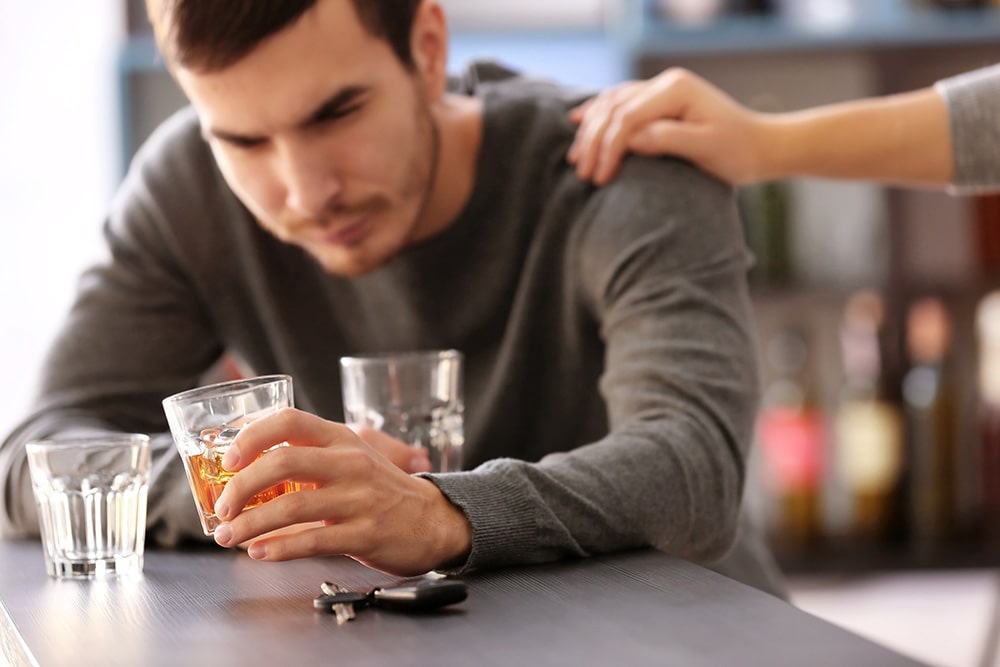
Drinking alcohol causes the body to release dopamine, which is the happiness hormone. When individuals drink and dopamine is released, they experience joy and pleasure. Unfortunately, this only lasts for a short period of time. After the initial happiness, the individual’s mood worsens and feelings like shame and self-loathing take over, which ultimately can cause the individual drink more. Individuals who consume large amounts of alcohol over extended periods of time risk long-lasting physical, mental and psychological effects to their body.
When a person decides they are ready or want to stop drinking, they need to be careful. Depending on how much and for how long they have been drinking, they may be at risk for alcohol withdrawal syndrome, which can not only produce unpleasant symptoms, but dangerous ones, such as anxiety, DT’s, tremors, seizures and even death. Patients who are considering Ibogaine medically assisted detox need to refrain from drinking alcohol for a minimum of 3 days prior to their ibogaine treatment. In cases where the patient could be at risk for alcohol withdrawal syndrome, POI requires patients stay includes a medically supervised alcohol detox lasting 5-7 days prior to the patients ibogaine treatment.
Ibogaine is extremely effective in alcohol detox by blocking the cravings for alcohol by its ability to quickly cleanse the body and liver of all toxins, while rebalancing the brains neurochemical levels and increasing the levels of a brain protein known as GDNF (Glial Cell Line-Derived Neurotrophic Factor. Ibogaine is responsible for interrupting the addiction, but it is Noribogaine, (what Ibogaine converts to once it is metabolized in the body) that remains in the system for several months after the initial treatment acting as a wonderful antidepressant significantly helping reduce cravings and alleviate depression.
The spiritual component of Ibogaine may also provide patients with some sort of introspection by allowing them to see or understand certain things and/or events that may have contributed to their use of alcohol and self-medicating. Ibogaine treatment offers an incredible window of opportunity to recognize and work on the underlying issues that may have caused an individual to drink in the first place. The POI Institute highly recommends patients engage in some form of aftercare and support system upon their completion of treatment. Whether it be individual therapy, a treatment/rehab center, or a 12-step program, securing one’s long-term sobriety requires support. There are therapists, counselors and multiple people who understand and can assist in relearning behaviors, understanding emotions and how they relate to addiction and above all help and support the individual as they embark on their new journey of life free
of addiction.
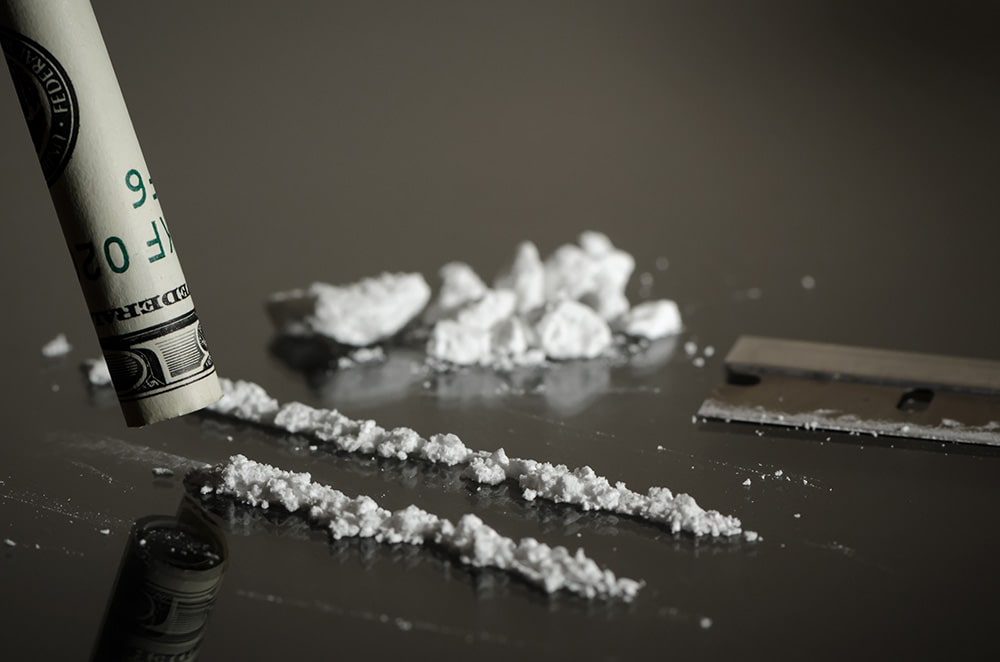
Cocaine
One of the worst side effects associated with trying to quit or stop using cocaine and crack is the individual’s loss of that happy, pleasurable feeling they get from the use of these drugs. Ibogaine interrupts addiction and is extremely effective in dealing with the obsessive cravings that occur when trying to stop the use of cocaine or crack. But it is Noribogaine, the long-acting by-product of Ibogaine, which has proven to significantly help alleviate the depression that is associated with the withdrawal of these drugs. Noribogaine actually increases serotonin in the brain in the same way a long acting anti-depressant would.
Adderall
Adderall acts a lot like illicit stimulants, such as cocaine and methamphetamine producing euphoric highs and enhancing cognitive performance, thus the reason for becoming a popular drug of abuse. But, the use/abuse of Adderall can cause extreme psychological dependence along with acute withdrawal. Adderall withdrawal can consist of bouts of depression, anxiety, fatigue, hunger and cravings for the drug. Although acute withdrawal may only last a few weeks, it may be followed by post-acute withdrawal (PAWS), which can last for months or even years
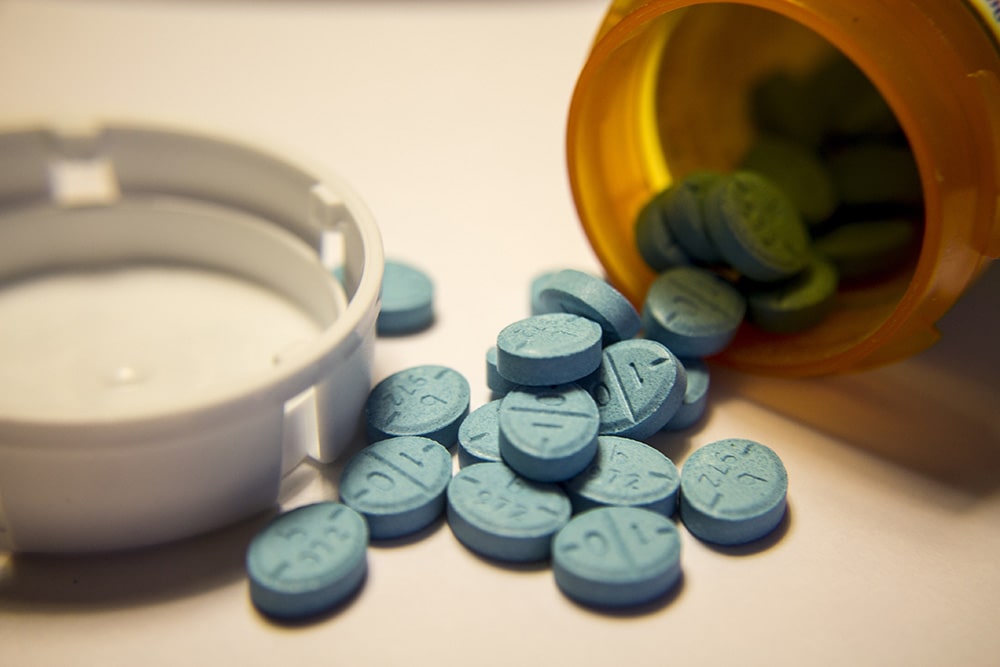
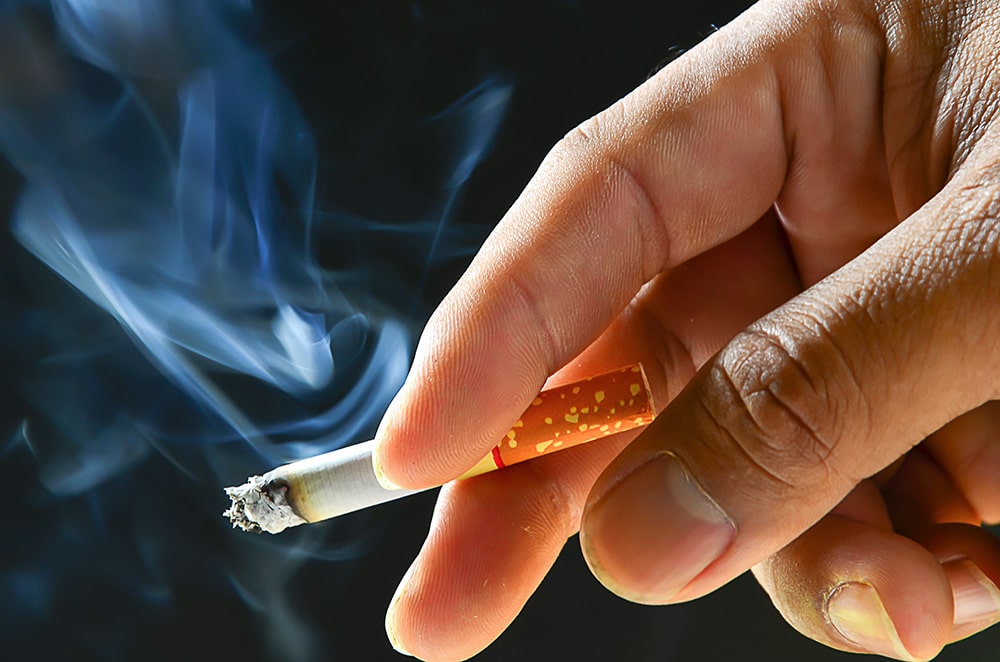
Nicotine Detox
Ibogaine interrupts active addiction in substance abuse including nicotine by “resetting” the brain to a pre-addicted state. Ibogaine can be extremely effective at removing nicotine dependence. One must keep in mind that Ibogaine is not a cure for quitting smoking. With its’ magical powers, it may be the vehicle that helps you quit smoking and offer a window of opportunity to get whatever additional help and support you need to stay committed to not smoking ever again.
Anxiety, Depression & PTSD
POI is the perfect destination for the treatment of anxiety, depression and PTSD. Ibogaine treatment can be life-changing for those that suffer from these psychological/mood disorders. It works effectively with the mind and brains receptors offering a bright ray of hope for individuals who suffer from anxiety, depression and post-traumatic stress disorder (PTSD).
Ibogaine’s success in treating depression, anxiety and PTSD are related to two main factors. The first are the psychological effects which help individuals view difficult experiences in an objective way, helping them “let go” and find closure of unresolved emotional issues related to past life events. The second are the neurological changes in the brain. Together the two have been shown to significantly help individuals suffering from depression, anxiety and/or PTSD by relieving symptoms that have manifested themselves in the form of panic attacks, flashbacks, sleep disturbances, anxiety, anger, and even obsessive-compulsive behaviors.

Ibogaine is a powerful psychedelic, producing powerful hallucinations. These hallucinations are best described as “perceptual hallucinations”, taking an individual on a deeply introspective journey through their own personal and collective history in which suppressed memories and traumas are often revealed in a way they can objectively review them, almost as if they are seeing these experiences in a dream depicting and reviewing someone else’s life. Yet, this introspective journey allows individuals to come to terms and understand the root causes of their depression, anxiety and PTSD.
Just as many of the SSRI or MAOI-based anti-depressant medications play a critical role in the management of depression, so does Ibogaine. And, although both anti-depressant medications and ibogaine target the same areas of the brain, unfortunately, the medications require on-going use in order to be effective vs Ibogaine’s one-time treatment.
One Ibogaine treatment restores a level of balance in the brain by regulating the uptake of various neurotransmitter systems. Ibogaine is neuroprotective of dopamine receptors and increases the level of serotonin.*
In addition, Ibogaine treatment restores the brains ability to produce beta-endorphin, the neurotransmitter that is released when an individual engages in physical activity. Beta-endorphins are responsible for decreasing an individual’s experience of pain and stress during physical activity while at the same time increasing their mood and self-esteem.
Ibogaine also increases the levels of GDNF (glial cell line-derived neurotrophic factor), which promotes the survival and replenishes many types of neurons. A single dose of Ibogaine can increase GDNF expression for weeks. Ibogaine remains in body’s fat cells (as Noribogaine) for several months after ones initial Ibogaine treatment. They are gradually released further extending ibogaine’s influence on GDNF expression.
Ibogaine is not a “magic bullet”. It is not as simple as ingesting a pill and all one’s symptoms are gone. What Ibogaine does provide is insight into one’s problems and a wonderful “window of opportunity” to make the changes needed to move forward in one’s life. Every person is different and no two Ibogaine experiences are the same. There are some individuals who will experience immediate breakthroughs, identifying why and where their negative thought and behavioral patterns came from, while others have a slower process working through their thought patterns. Regardless of the time it takes, Ibogaine helps individuals shift their perspective by allowing them to let go of the past and give them the ability to perceive the circumstances that have made up their life in a healthy, different way.
Ibogaine is also a wonderful breakthrough tool to help individuals talk freely about the personal issues that were uncovered during their Ibogaine experience. This effect typically lasts for several weeks post-treatment, but many of our patients claim they had an ongoing ability to discuss and work on their deeply rooted issues long after their treatment. For this reason, POI highly recommends and will assist patients in finding a suitable aftercare and/or therapy treatment to best suit their individual needs and support their recovery.
Because Ibogaine has the same effect on the brain as many of the anti-depressant medications, administrating ibogaine in conjunction with some of these medications can be dangerous. It is important that individuals interested in Ibogaine treatment inform POI of what medications they are currently taking prior to coming for treatment. POI suggests and strongly encourages that individuals speak to their health professional for how to safely wean off these medications before their Ibogaine treatment.

Behavioral Addiction
Ibogaine can be an effective solution for those struggling with behavioral addictions such as gambling, sex and food.
There are several reasons individuals can find themselves battling with “behavioral addictions” such as gambling, sex, shopping and food. These addictions activate the release of dopamine in the brain in the same way drugs and alcohol do.
Food addiction and emotional eating also activates reward pathways in the brain in the same manner as drug and alcohol. For example, the intake of sugar actually releases dopamine in the natural opioid transmitters similar to drugs, which can fuel addiction.
Ibogaine powerful, medicinal abilities can refresh and reset the brain’s chemistry and neurological pathways and Ibogaines psychedelic experience helps many addicts find truth about their life and face their past.
Gambling Addiction
Gambling addiction can destroy a life as readily as drug addiction. Approximately 1% of Americans have a pathological gambling problem according to the substance abuse and mental health services administration. It is estimated that Americans lose as much as $100 billion a year to gambling. The losses caused by gambling are not just assets.
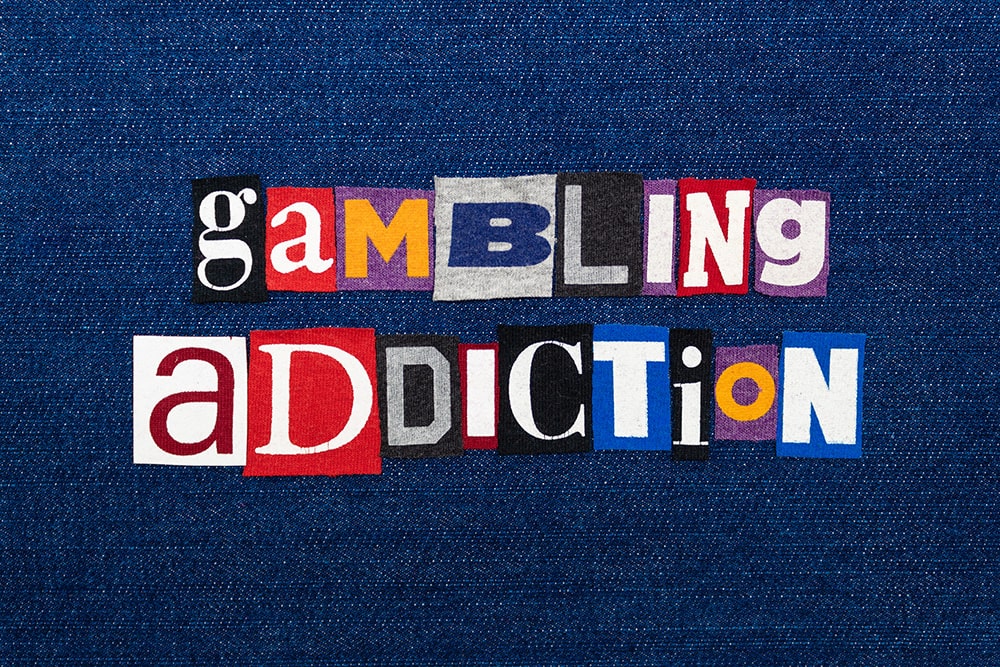
The losses from gambling addiction goes far beyond the loss of assets. Families, friends and relationships are destroyed. And, despite the magnitude of losses these gamblers suffer, sadly their addiction continues believing (and hoping) their big win is just around the corner. At some point the realization hits home. As the individual’s losses and debt continue to increase, so does the feeling that all hope is lost and that they’re beyond help and recovery. This sadly supports the very unfortunate statistic showing that about 20% of gambling addicts at some point attempt suicide.
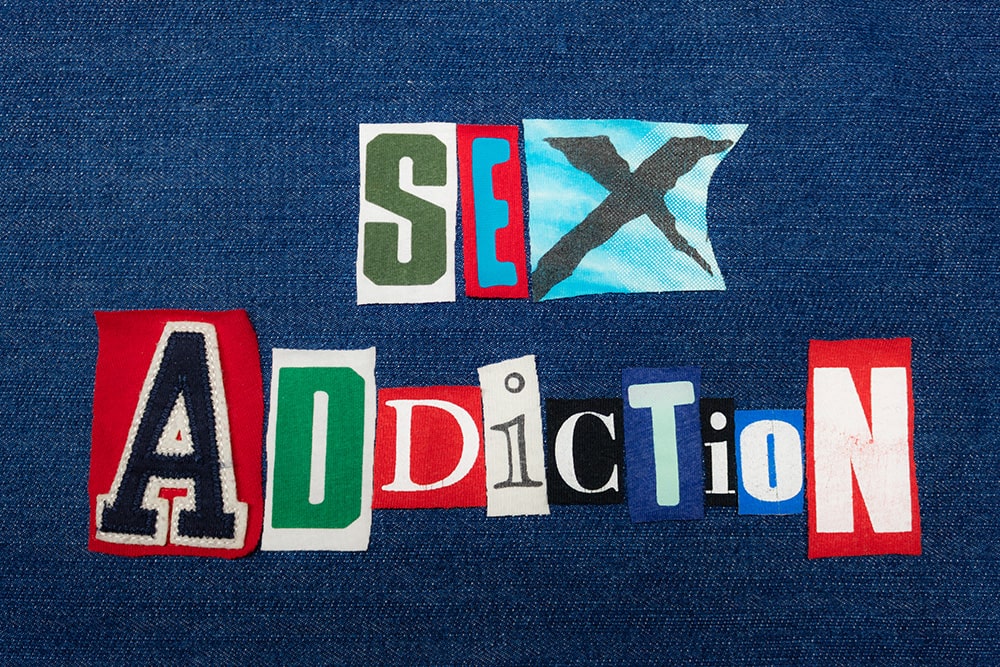
Sex Addiction
According to researchers from the of University of Minnesota, approximately 5% of the general population meets the criteria for compulsive sex addiction. Addictive sexual disorders are characterized by continual sexual activity.
The rate of sexual addiction is even higher among those with substance abuse disorders. Although both men and women can be diagnosed with addictive sexual disorders, studies show that men typically outnumber women in terms of sexual addiction despite the negative consequences created by their actions and behavior.
Ibogaine can help. It’s medicinal power work effectively in treating behavioral addictions by interrupting the pathways in the brain that have been conditioned to support these addictive behaviors. It is important to understand that Ibogaine is not a “magic bullet”. It gives individuals the gift of interrupting their active behavior and offers a “window of opportunity” to reflect on their journey, recognize and identify what social and external factors may have caused and/or supported their addictive behaviors and take the steps to make whatever changes are necessary to secure their sobriety. POI strongly encourages and will work with each and every patient to help them determine and find an aftercare treatment program and/or individual therapist that best suits their individual needs. Whether it is a 28-day in-patient treatment center, a 12-step program and/or individual therapy, POI recommends each patient have some sort of after care plan in place prior to leaving POI.
Spiritual Healing
The POI Institute offers Spiritual Treatments for those who desire the ibogaine treatment experience yet have no need for chemical detoxification associated with substance abuse. Ibogaine an incredible gift one can give themselves. This miraculous plant-based medicine allows individuals to delve deeply into their own psyche, knowing what each person is capable of handling at a given time.
Some say, a single ibogaine treatment is equal to years of psycho-therapy. There are individuals that shared their experiences of being taken to past memories where unpleasant events or trauma occurred, and they were able to find healing. Other individuals have said they were able to confront their fears and actually overcame them. While there are others who shared experiences of visiting people from their past that they were able to make peace with.
It has been said that, “Ibogaine does not give you what you want, it gives you what you need”.
10 Symptoms of Spiritual Awakening
1. A tendency to let things happen rather than make them happen
2. A loss of interest in interpreting the actions of others
3. Feeling of being connected to others and to nature
4. Overwhelming episodes of appreciation
5. A tendency to think and act spontaneously rather than from fears based on past experience
6. A loss of ability to worry
7. The ability to enjoy the moment
8. A loss of interest in conflict
9. A loss of interest in judging others or oneself
10. Gaining the ability to love unconditionally
